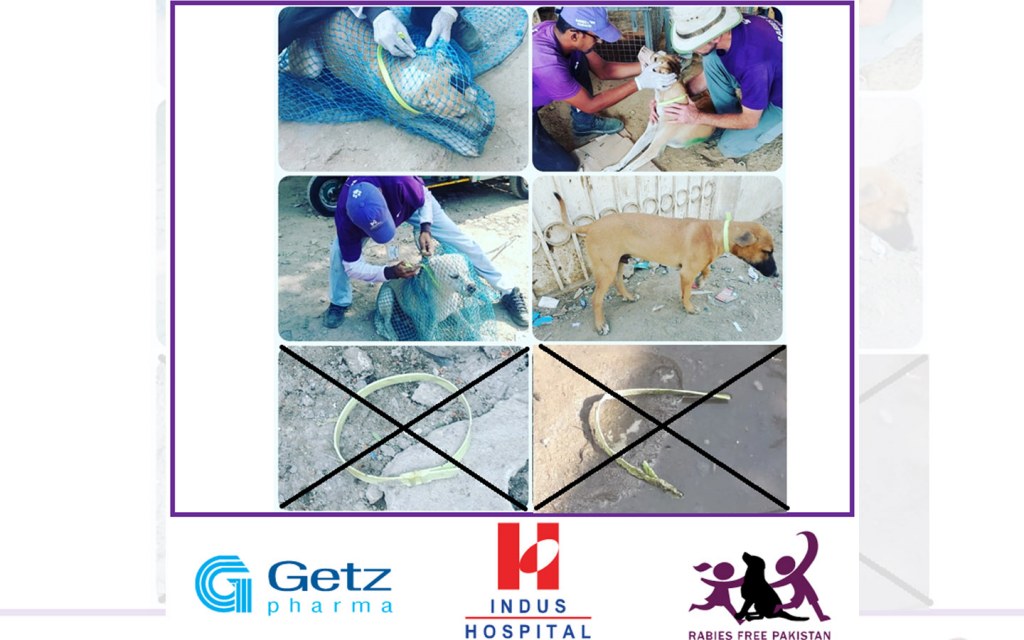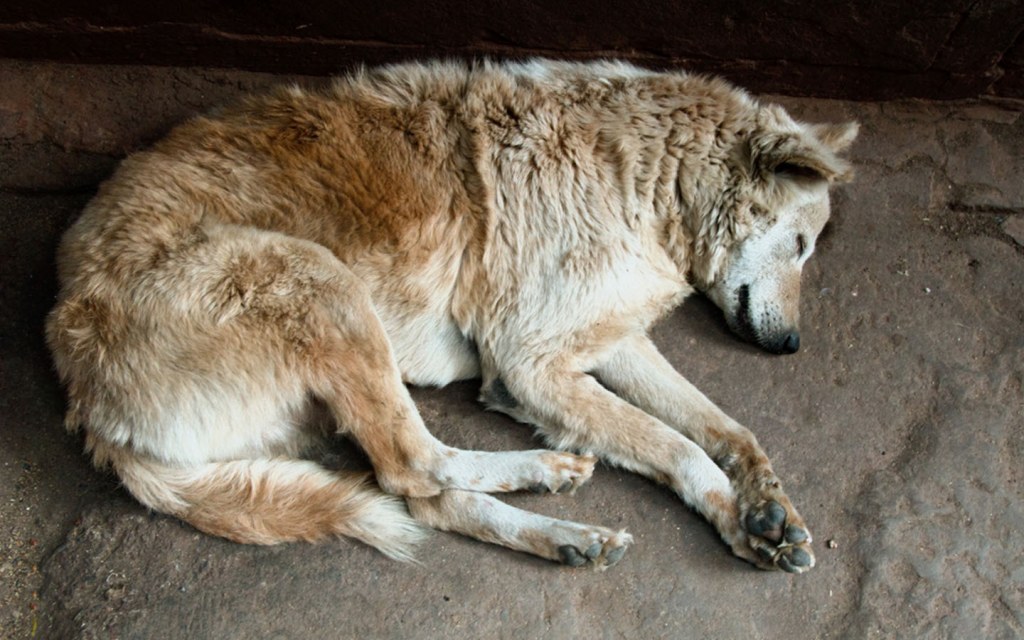In This Post:
– Need for Rabies-Free Pakistan Initiative
– What is Rabies-Free Pakistan Initiative
– How to stay safe from stray dogs
Rabies is a life-threatening disease in which the patient can’t swallow anything. The victim tries to drink water but can’t swallow anything and dies thirsty. The trauma the victim and their family members go through is quite devastating.
Raccoons are believed to be the most common reservoirs of rabies in the world, however, dogs—especially stray dogs—are the most common carriers of this disease in South Asia. In order to stamp out this disease, Pakistan has launched an initiative called “Rabies-Free Pakistan Initiative (RFP).”
In this blog, we will discuss what RFP is and how we can stay away from dog bites.
Let us get started.
Why was Rabies-Free Pakistan Initiative Necessary?

The problem is quite severe in Karachi, where numerous cases of dog bites have been reported over the past year. As per a local English daily, in 2019, a total of 10,886 dog bite cases were reported at the Jinnah Postgraduate Medical Center in Karachi. These cases have been on the rise since 2011. Moreover, the shortage of effective rabies vaccines has triggered a sense of fear among residents.
It is a common myth that the only treatment of rabies is 14 injections in the abdominal area. This old way of treating rabies was developed in 1911 and the World Health Organization (WHO) recommended to discontinue these injections in 1984.
It took around 31 years for Pakistan to discontinue the 14-injection treatment and in 2015 Pakistan imported anti rabies vaccine (ARV) and rabies immunoglobulin (RIG) to treat rabies. These vaccines are made in India, Philippines, European countries and China. The ones that were made in Philippine and China have been withdrawn because they were not very effective.
India is the only country exporting affordable rabies vaccines, because the other European vaccines are fairly expensive. In April 2019, the Indian government decided to discontinue providing rabies vaccines to countries all over the world due to huge demand within their own country.
According to The National Institute of Health, which is mainly responsible for collecting data on rabies cases and the amount of vaccine required, gave an estimated number. There are around 2.5 million stray dogs in the country, with approximately 1.5 lakh dog bites annually, and 8 lakh doses of anti-rabies vaccine are required annually.
With these stats, Pakistan is faced with a looming threat of rabies – the source of which is the saliva of an unvaccinated stray dog. If you vaccinate around 70% of dogs in a neighbourhood, it can eliminate rabies. This is where the Rabies-Free Pakistan initiative comes to the rescue.
What is Rabies-Free Pakistan Initiative and How it is Helping Solve the Problem?

The WHO is targeting the elimination of rabies through Mass Dog Vaccination (MDV) and Animal Birth Control (ABC) by neutering stray dogs. A female dog usually breeds around 10-20 pups annually and they can continue doing it for 7 years. So, it is important to stop their breeding in order to control the stray dog population.
Stray dogs were usually culled and disposed off in an inhumane way to thwart dog bite cases, but animal rights activists strongly oppose dog culling as a solution against rabies. Indus Hospital in Karachi is working on a Rabies-Free Pakistan initiative, in accordance with WHO’s program to eliminate rabies by 2030.
Posted by Rabies Free Pakistan on Saturday, November 9, 2019
The project began in 2018 in Ibrahim Hyderi and then expanded to other parts of Karachi. Around 50,000 vaccines were given to Indus Hospital by the WHO, which was distributed all over Pakistan, but now Indus Hospital produced vaccines locally. The RFP project involves:
- A professional dog catcher gets hold of stray dogs in an area
- Female dogs are spayed and male dogs are neutered to control population
- These dogs are then vaccinated to prevent rabies
- Identification marks are put across the dogs’ necks
- A collar is placed around the dog’s neck and a permanent mark on the ear so that people don’t get scared of these dogs on seeing them
The Cantonment Board Clifton (CBC) also joined hands with the Indus Hospital in the Rabies-Free Pakistan drive and so far around 720 male dogs and 320 female dogs have been vaccinated in the CBC.
The Sindh local government department has also finalized PKR 1.07 billion grant to fight against rabies, which will be carried for a period of 3 years.
Safety Tips Against Stray Dogs

If there are stray dogs in your locality, make sure you take the following precautionary measures to stay away from dog-bites.
- Don’t hate dogs; as they say, hate begets hate.
- If every street takes care and feeds one dog per locality, they won’t be that aggressive.
- Similarly, one of the best safety tips against stray dogs is to never run! In other words, run-for-your-life doesn’t hold true if a dog has set its eyes on you.
- Give firm commands to the dog.
- Don’t throw stones, pepper spray as it will agitate the animal.
- Carry a stick around just to be on the safe side.
So, this was all there was to know about the rabies control program in Pakistan. For more information, stay tuned to Zameen Blog, the best lifestyle blog in Pakistan. Don’t forget to write to us at blog@zameen.com and we will get back to you.



